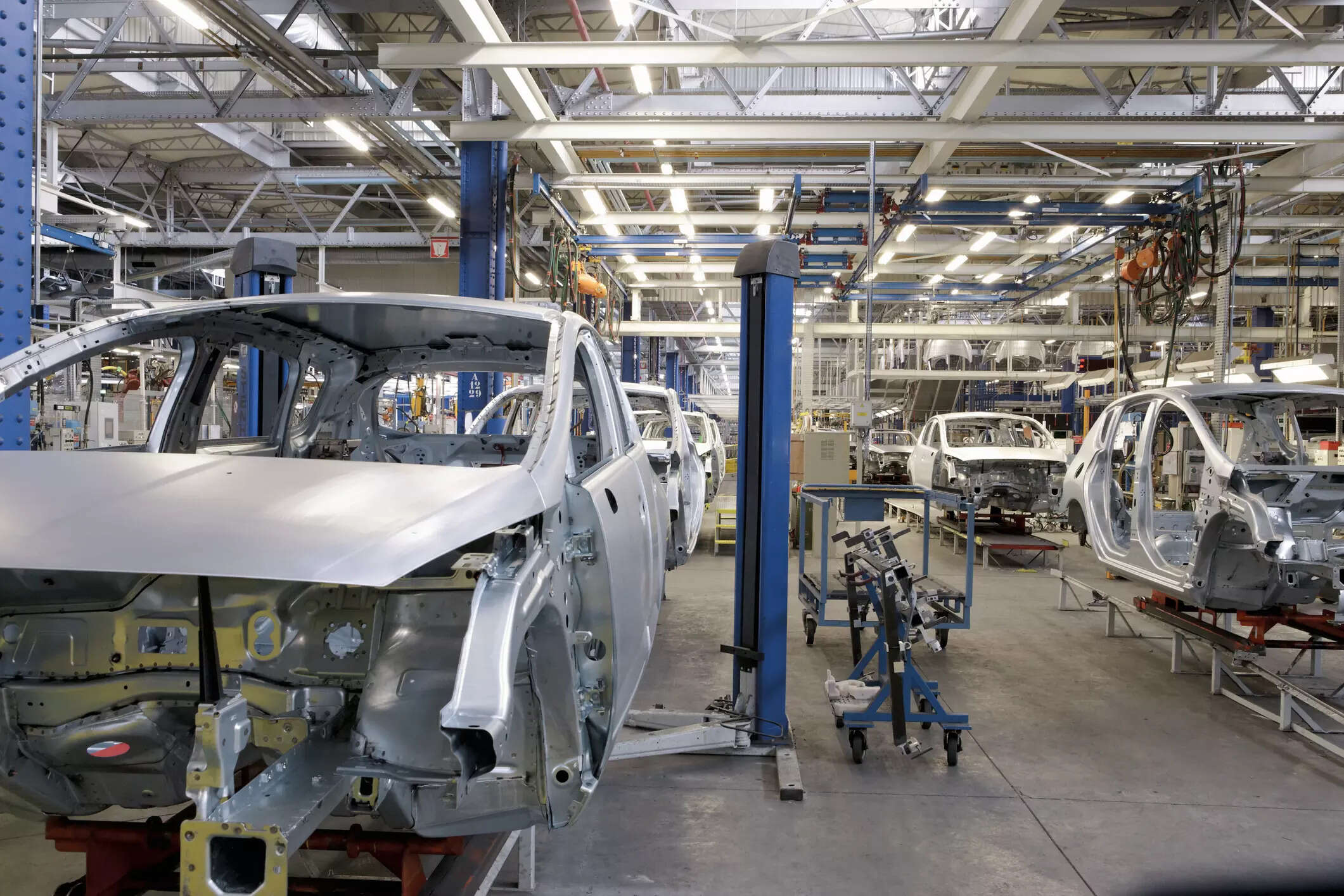
Frankfurt: A record number of German companies said they were experiencing supply issues, data published Thursday showed, as bottlenecks which have hampered industry for months tightened once again in December.
Almost 82 percent of businesses surveyed by the Ifo institute reported problems sourcing raw materials or components — the highest proportion recorded by the Munich-based think tank.
In November, 74.4 percent said they were facing shortages, after the situation had eased slightly in October.
“German manufacturing faces a paradox. Order books are full, but the shortage of materials means companies can’t ramp up production accordingly,” said Ifo survey head, Klaus Wohlrabe.
Manufacturers of electrical equipment were the worst-affected by shortages in the latest survey, with 93.8 percent reporting difficulties amid an acute lack of semiconductors.
The scarcity of chips, a key component in both conventional and electric vehicles, has also hit the automotive sector hard, with 92.9 percent affected by the crisis.
The flagship industry had suffered a “very dark year”, auto expert Ferdinand Dudenhoeffer from the Center Automotive Research said in a note.
Through the first 10 months of the year, production was “nine percent below last year’s poor figure”, Dudenhoeffer said, with manufacturing outages in November and December yet to be taken into account.
Elsewhere, the situation in the paper industry became “radically worse”, the Ifo said, with 89 percent of companies citing problems, up from 66 percent the previous month.
Widespread shortages have contributed to a recent surge in inflation. In November, prices rose by 5.2 percent year-on-year in Germany, a 29-year high also driven by the soaring cost of energy.
Tightness of supply meant that “at least one in two companies is planning to put prices up in the next three months”, Wohlrabe said.
Also Read:

